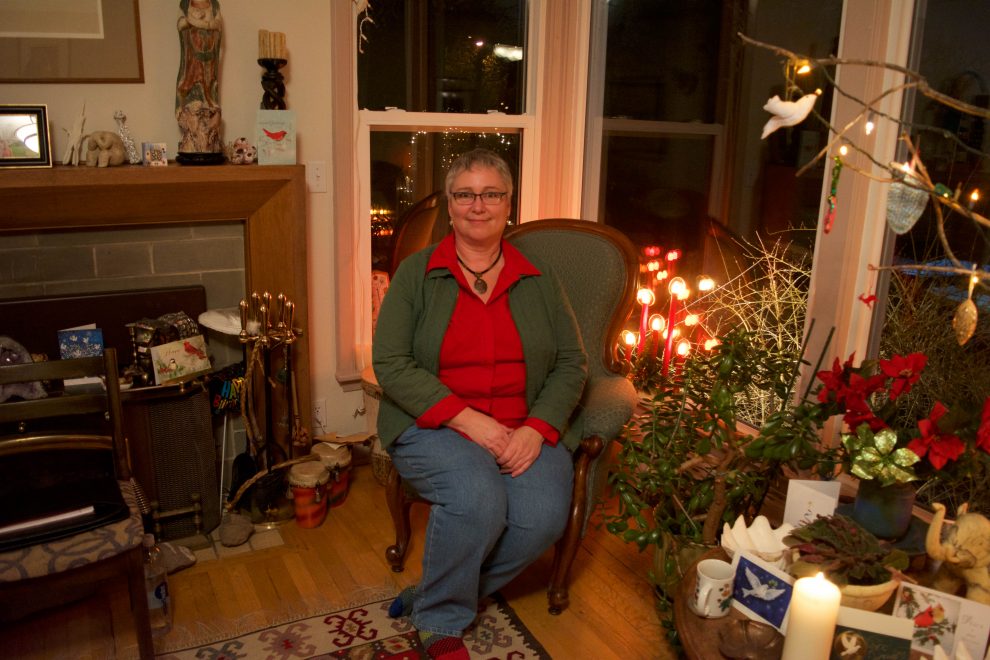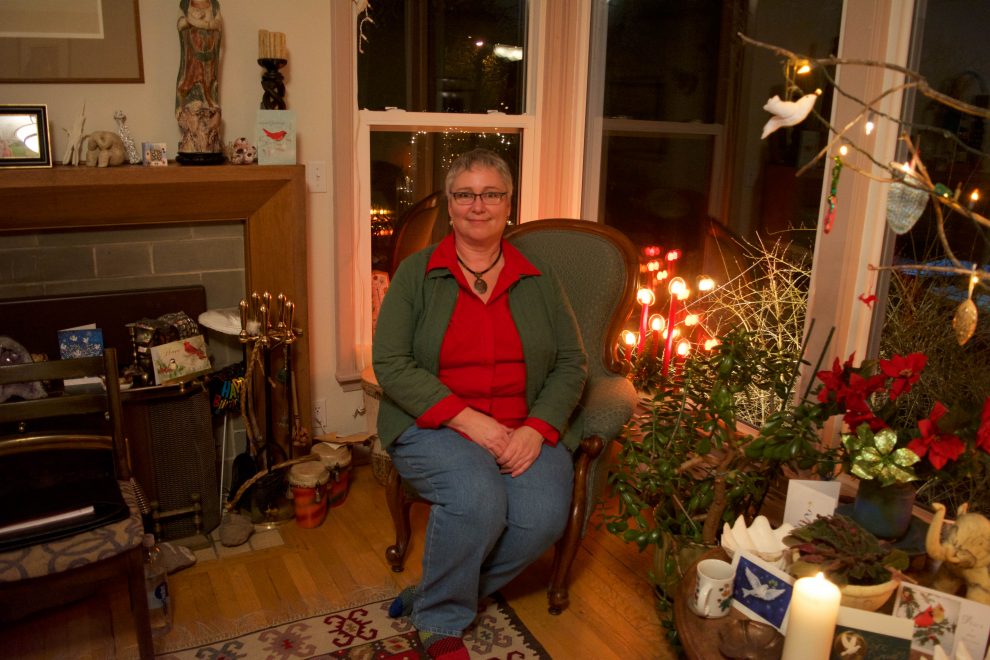Funerals
End-of-life planner wants an open dialogue about death
End-of-life planner Roxanne Walsh encourages people to find comfort in a conversation about the unknown

caption
Roxanne Walsh is a certified funeral celebrant and end of life planner.
caption
Roxanne Walsh is a certified funeral celebrant and end-of-life planner.If you were handed an envelope with the exact time and date of your death, would you open it?
This was one of the questions discussed at a community conversation on Wednesday night by end-of-life planner and certified funeral celebrant, Roxanne Walsh. Walsh organized the event in Halifax and brought people together to talk about one of life’s only certainties — death.
“As humans, we do fear the unknown,” says Walsh in an interview with the Signal. “And there is a lot of mystery around death.” Related stories
Walsh hopes by starting conversations about dying, she can help people accept the process, which she says is as natural as birth.
“It’s more than just making wills,” she said to the small crowd at the Jan. 11 event. “It’s much bigger than that.”
Walsh decided to become an end-of-life planner because a spinal cord injury prevented her from becoming a funeral director, a more physically demanding career. She understands that planning a funeral can be overwhelming for a deceased’s loved ones. This is why she works with people to make arrangements in advance.
She also works with families to provide an alternative or complimentary service to the traditional funeral by gathering information about the deceased to create a unique tribute.
Walsh isn’t the only one trying to do death differently. Death cafés, where people meet up at coffee shops to discuss death, originated in England six years ago. They have since taken place in other countries and cities, including one at the Just Us! Coffeehouse here in Halifax. On the first Thursday of every month, the Spring Garden Road business hosts a death café and encourages open discussions about the often taboo subject.
“Our objective is ‘to increase awareness of death with a view to helping people make the most of their (finite) lives,'” says the official Death Café website.
Patricia De Freitas is a funeral director and embalmer at Atlantic Funeral Home and says she has noticed changes in attitudes towards death over the past several years. For example, she worked with one family who created a papier-mâché urn so that their loved one’s ashes could be released into the sea.
De Freitas says she understands the value of personalizing the funeral process, but is worried people are too quick to throw out tradition.
“People are almost trying to avoid the rituals,” says De Freitas. “However, that is of no benefit to you or your grief process; the rituals are there for a reason.”
Like Walsh, De Freitas’ primary role is making arrangements with a deceased’s family members. Working closely with those who are grieving a loss has led her to believe we are in a phase of “death avoidance.”
For Walsh, the act of discussing death openly is a way to put an end to the question: “Was my life worth anything?”
Her goal, she says, is to prepare people to “be in the presence of the mystery of death at that time — and not be terrified because that question remains unanswered.”


D
Deborah Luscomb